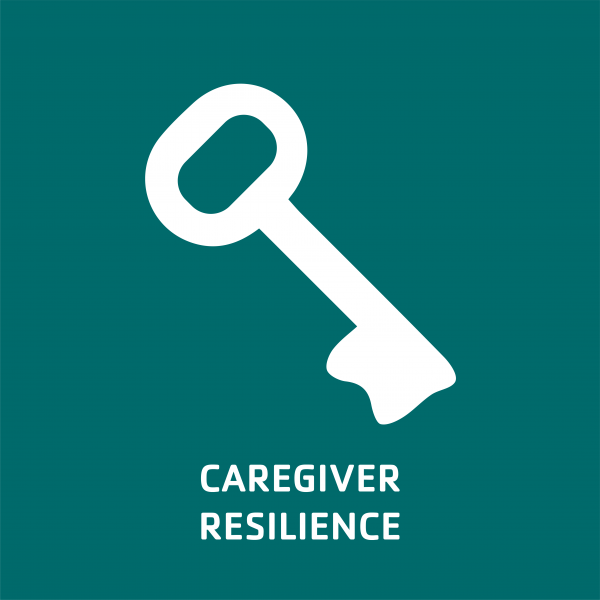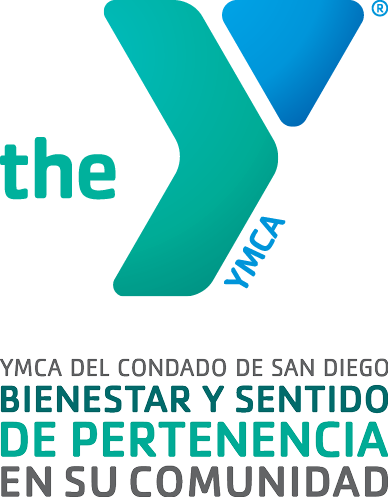CAREGIVER RESILIENCE: Managing stress and functioning well when faced with challenges, adversity, and trauma.

“The only two things that need to be on a parent’s to-do list right now are taking care of themselves and connecting with their children.” (Rebecca Parlakian, Zero to Three Senior Director)
Nurturing children during this stressful time is both important and difficult. Helping children understand their emotions and behaviors starts with you, the caregiver. The current times find many families balancing new tasks such as working from home, schooling at home, trying to find childcare, etc. all in the absence of supports that used to be there. There is a lot of unknown and potential anxieties which can lead to higher frustrations towards the ones you love the most. Practicing daily self-compassion and creating moments to connect your mind and body will help you find the resiliency and strength within to care for young ones. It is not selfish to prioritize your mental health; it is proven to strengthen the wellbeing of kids, families, and caregivers.
Here are a few strategies you can implement today:

Box Breathing
Directions:
- Close your eyes
- Take 3 big, deep breaths
- Breathe in for 4 seconds, hold for 4 seconds, exhale for 4 seconds, and hold for 4 seconds.
- Repeat 4 times
As you breathe, try to follow your breath in and out. As thoughts come into your head, envision them floating out.
 Journaling
Journaling
Respond to the writing prompts below alone or as a family:
- What are five things I am proud of right now?
- What I am doing really well as a caregiver right now?
- In the past 24 hours, what has brought me joy?
- What is a realistic goal I can set for myself/my family for today, tomorrow or this week? What steps/actions do I need to take to accomplish this goal?
ADDITIONAL RESOURCES AND STRATEGIES FOR CAREGIVER RESILIENCE
(Download the PDF in order to activate the links within the document.)
For information on protective factors and the Strengthening Families™ approach, email [email protected] or call 1-800-481-2151.
OTHER PROTECTIVE FACTORS
Take a look at the Key Protective Factors at a glance HERE.


